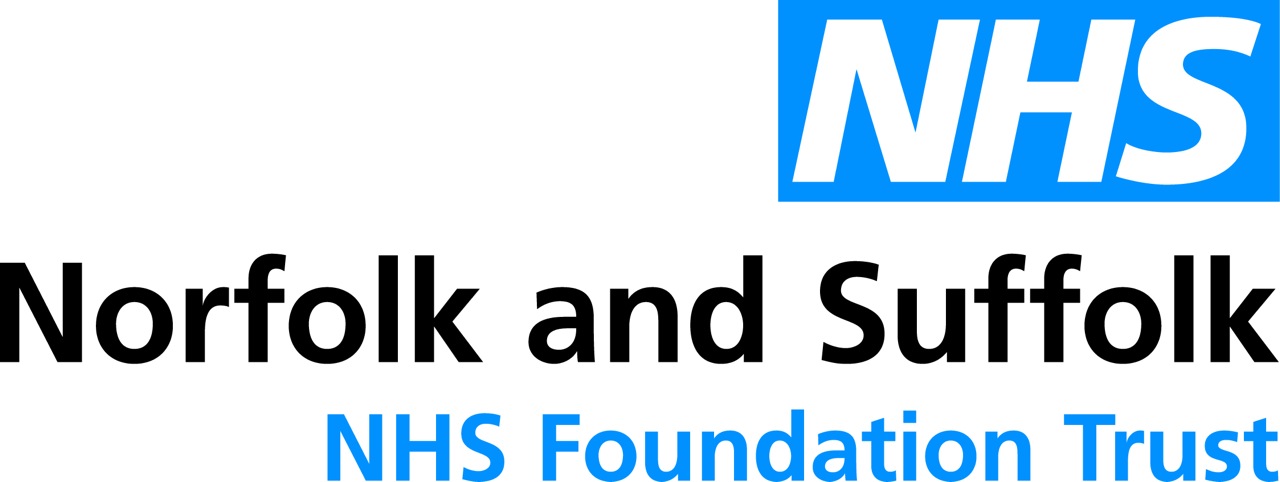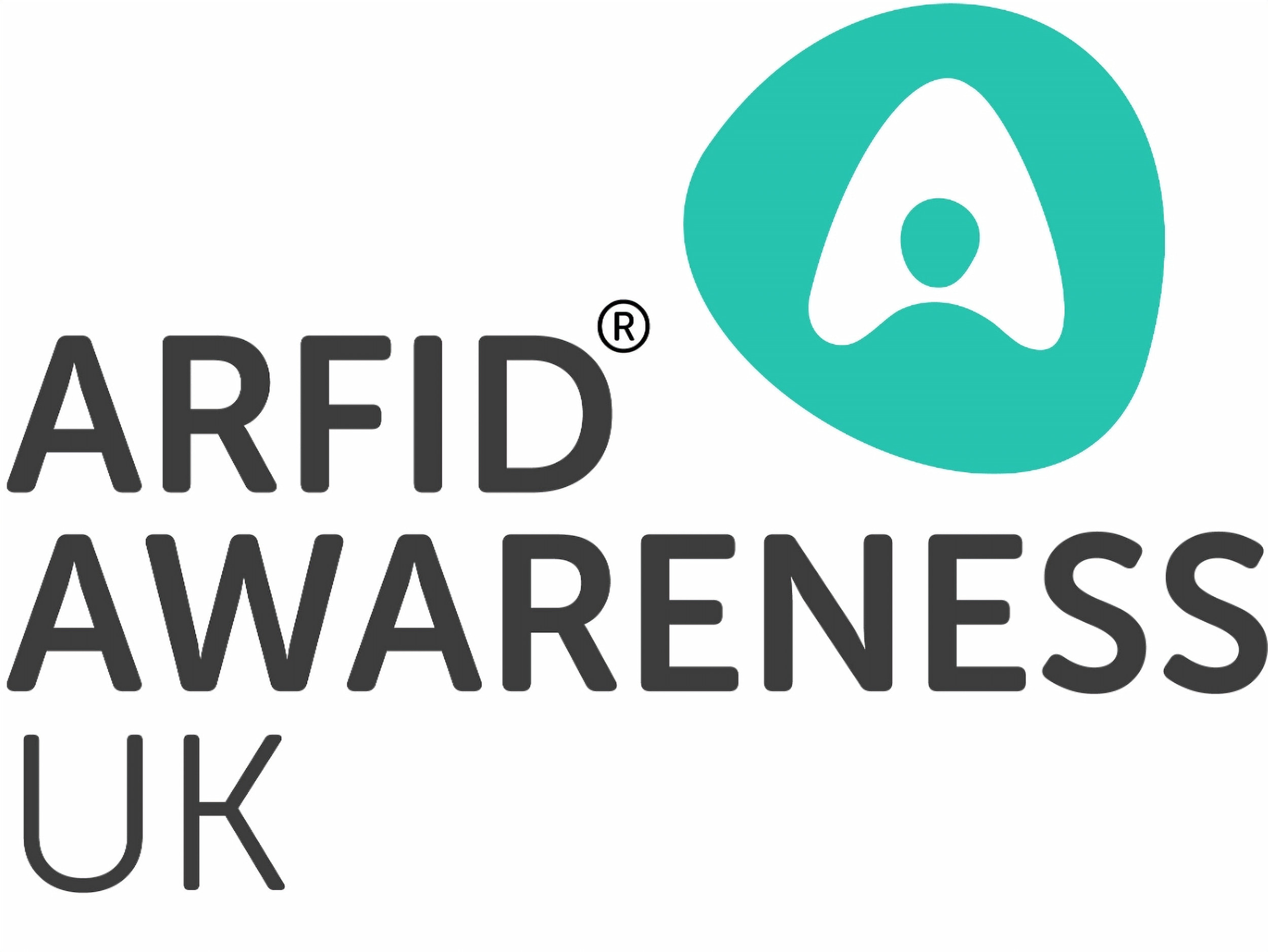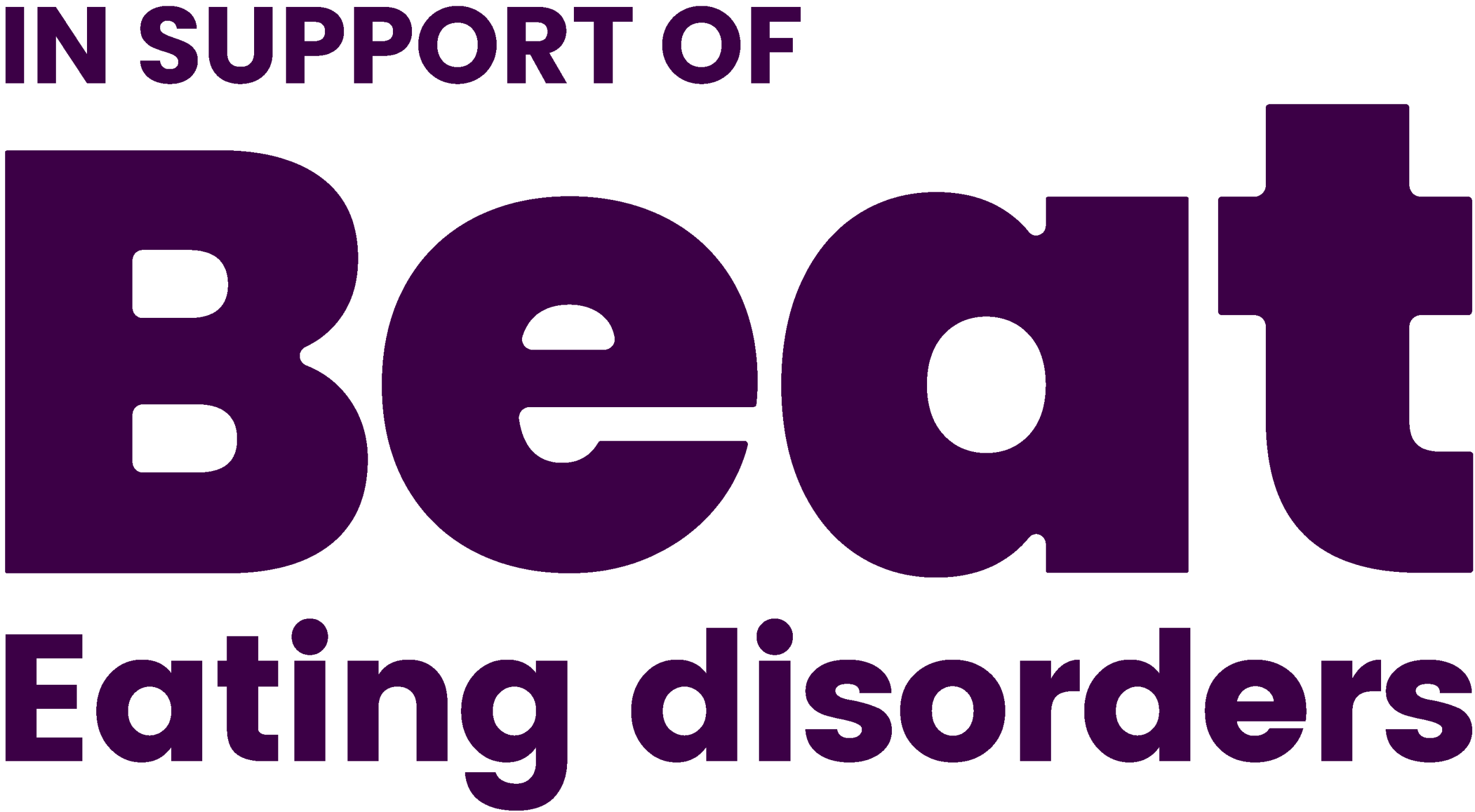ARFID Resources
(Avoidant Food Restrictive Intake Disorder)
What is ARFID?
ARFID is characterised by a pattern of eating that avoids certain foods or food groups entirely and/or is restricted in quantity (eating small amounts). Avoidant and restrictive eating cannot be due to lack of available food, or cultural norms (e.g. someone who is fasting or chooses not to eat certain foods for religious or cultural reasons alone).
ARFID is different to other restrictive eating disorders in that:
- ARFID isn't affected by a person’s beliefs about the size and shape of their body.
- Someone with ARFID doesn't restrict their food intake for the specific purpose of losing weight.
- ARFID doesn’t feature some of the other behaviours that can be associated with anorexia, bulimia, or OSFED, such as over-exercising.
Source information from
Referral Criteria

Below is the official ARFID referral criteria from Suffolk Child, Family and Young Person ARFID Team on referrals to the service provided by Norfolk & Suffolk NHS Foundation Trust.
Resources
The resources below are recommended from Norfolk and Suffolk Foundation Trust (NSFT)
Workshops
Be Body Positive
In this module can learn more about ARFID (Avoidant/Restrictive Food Intake Disorder) and discover some of the tools the NHS uses to support young people.
There are modules to support parents and carers, young people and professionals.
Psychology in Schools Team
The workshop is designed to explore some of the eating difficulties young people may be facing, to understand how food can be used as a coping mechanism in times of stress, to address what a parent/carer can do that is helpful or not helpful, and to identify the red flags that alert a parent/carer to take action and get help, as well as where to get help.
SOS Approach to Feeding
This workshop is designed to inform parents and caregivers about the foundational skills needed for eating. Practical Strategies are discussed to help children learn to have a healthy relationship with food. This workshop attempts to address common feeding issues often seen in young children, to struggles that “picky eaters” may have, and the challenges
SELF Study Resources
Understanding children's eating
and supporting change
These resources, provided by NHS North East London, aim to develop understanding of your child or young persons eating and ideas and strategies to support change.
By reading and watching information, they hope that you begin to see patterns which help explain what you are experiencing at home.
The Sensory Play Toolkit
The toolkit is a booklet with information, games, and ideas, which aims to help you increase your child’s confidence to try a few more foods - and to enjoy doing it - using sensory activities. It is aimed at children between 2-7 years.
Scroll to the bottom to download the toolkit for free.
Support for ARFID
These pages have been created by the North East and North Cumbria (NENC) Provider Collaborative. They are for the benefit of all those living with ARFID/suspected ARFID.
Resources on this website have been co-produced with experts from other national services, and with those with lived experience.
Other Resources
ARFID Awareness UK
ARFID Awareness are the UK’s only registered charity dedicated to raising awareness and furthering information about Avoidant/Restrictive Food Intake Disorder. As a not-for-profit, they work to provide individuals, parents, carers and medical professionals with up-to-date relevant information, research and support.
These resources are for healthcare professionals and parents/carers are free to download and share.
BEAT
Beat is the UK's leading national charity dedicated to beating eating disorders. It works to change the way eating disorders are understood, treated, and talked about.
They have an extensive resource library on all types of eating disorders, as well as an online one-to-one web chat, and a confidential, free helpline open 365 days a year for adults and young people.


